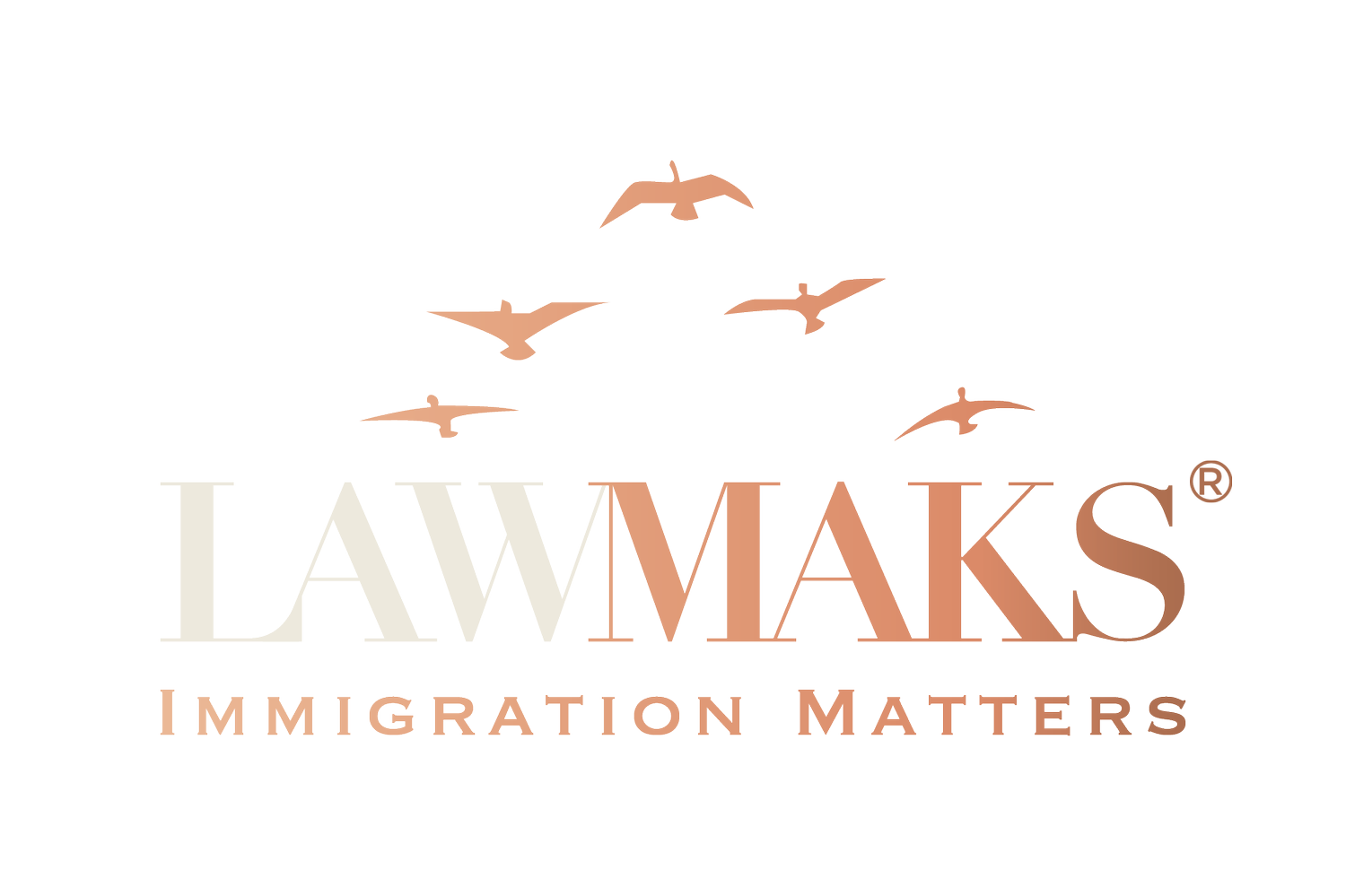DACA Faces Legal Challenges: What You Need to Know
The Deferred Action for Childhood Arrivals (DACA) policy, designed to offer a lifeline to immigrants who arrived in the United States as minors without legal status, faced a significant legal setback on September 13th, 2023. In a recent ruling, a federal judge declared DACA “unlawful.” This decision has reignited a contentious debate that has persisted for over a decade.
DACA was introduced in 2012 to provide eligible immigrants with a renewable, two-year work authorization, shielding them from deportation. Since its inception, it has been a polarizing issue, leading to two appearances before the Supreme Court in 2016 and 2020. The primary legal argument against DACA centers on claims of presidential overreach, suggesting that President Barack Obama exceeded his authority when implementing the program.
The Recent Ruling:
The latest legal battle over DACA revolves around President Joe Biden’s adjustments to the policy. U.S. District Judge Andrew Hanen, in a ruling that supported nine states suing the federal government to halt DACA, declared President Biden’s version of the program as essentially unchanged from its previous form. Consequently, Judge Hanen deemed it unconstitutional, echoing his initial ruling.
The Implications:
While Judge Hanen’s recent decision labels DACA as unconstitutional, he stopped short of ordering an immediate end to its protections. Instead, he has left the door open for further legal proceedings. This case is expected to eventually reach the U.S. Supreme Court, where a more definitive decision will be reached.
DACA’s legal status remains uncertain as it continues to be a point of contention in the U.S. legal system. The recent ruling by Judge Hanen highlights the complex and evolving nature of immigration policy in the United States. For now, DACA recipients and their advocates must watch closely as this critical issue progresses through the courts, with potential far-reaching implications for the lives of thousands of immigrants who have grown up in the United States.
**Website Disclaimer**
The information provided on this website is for general informational purposes only. It should not be considered legal advice, and viewing this website or contacting Lawmaks through this site does not establish an attorney-client relationship.
While we strive to maintain accurate and current information, we make no representations or warranties regarding the completeness, accuracy, reliability, or suitability of the content. Any reliance on the information found on this website is at your own risk.
Lawmaks disclaims all liability for any actions taken or not taken based on the content of this site to the fullest extent permitted by law. In no event will [Your Law Firm's Name] be liable for any loss or damage, including indirect or consequential loss or damage, arising from the use of this website.
This website may contain links to other websites not under our control. We do not endorse the content of external sites and disclaim responsibility for them. For personalized legal advice, consult with an attorney.

